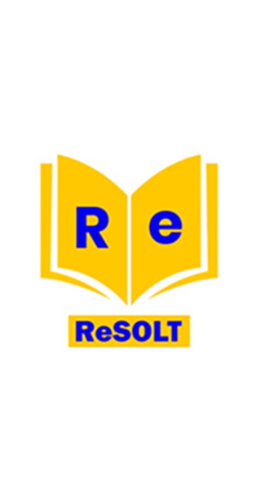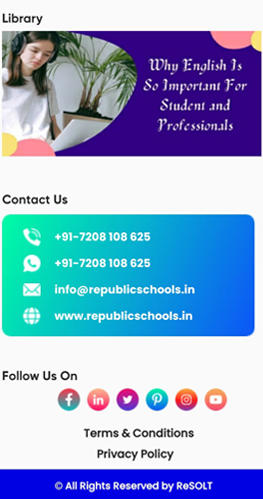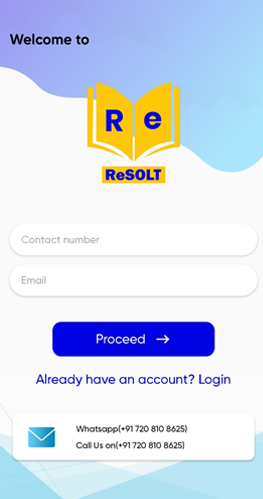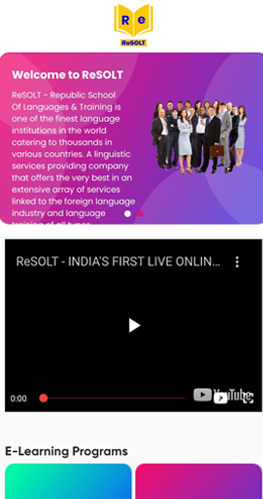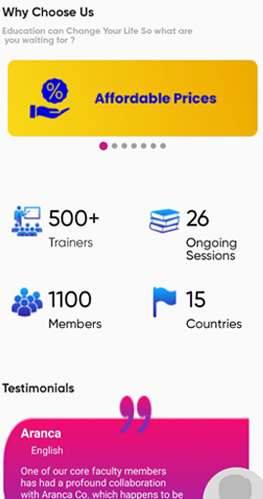Embarking on the journey to fluency in the German language is both a rewarding and challenging endeavor. Whether you are drawn to the rich cultural tapestry of Germany, aiming to enhance your career prospects, or simply seeking the joy of multilingualism, becoming fluent in German requires dedication, effective strategies, and consistent effort. Here is the expert’s guide to guide you on this linguistic adventure.
1. Set Clear and Attainable Goals:
Begin your language-learning journey by setting clear and realistic goals. Determine why you want to learn German and what level of proficiency you aim to achieve. Having specific, measurable objectives will keep you motivated and provide a roadmap for your learning path.
2. Immerse Yourself in German Media:
One of the most effective ways to become fluent in German is to surround yourself with the language. Watch German movies, TV shows, and listen to German music and podcasts. This exposure will not only improve your listening skills but also familiarize you with colloquial expressions and the cadence of natural speech.
3. Enroll in a Structured Course:
Consider enrolling in a structured language course, either online or at a local institution. Courses led by experienced instructors provide a systematic approach to language learning, ensuring that you cover all essential aspects of grammar, vocabulary, and communication skills. German classes in Mumbai or German courses in Mumbai are the first choice of language learning.
4. Practice Speaking Regularly:
Fluency in any language is closely tied to speaking proficiency. Find language exchange partners or join conversation groups to practice speaking German regularly. Platforms like ReSOLT, a renowned German institute in Mumbai, connect language learners worldwide, offering opportunities for real-time conversations with native speakers.
5. Read German Literature:
Expand your vocabulary and comprehension skills by reading German literature. Start with simple texts and progressively move on to more complex materials. Reading books, articles, and newspapers in German not only enhances your language skills but also exposes you to different styles of writing.
6. Use Flashcards for Vocabulary Building:
Mastering German vocabulary is a crucial step towards fluency. Create flashcards to memorize new words and phrases efficiently. Platforms like Anki and Quizlet offer customizable flashcard decks, allowing you to focus on specific themes or difficulty levels.
7. Travel to German-Speaking Countries:
If possible, immerse yourself in a German-speaking environment by traveling to Germany, Austria, or Switzerland. Experiencing daily life in a German-speaking country provides authentic cultural and linguistic exposure, accelerating your language acquisition.
8. Seek Professional Guidance:
Consider taking lessons with a qualified language tutor. A professional tutor can provide personalized feedback on your pronunciation, grammar, and overall language skills. Their guidance can help you overcome challenges and refine your German language abilities more effectively.
9. Stay Consistent and Patient:
Fluency is not achieved overnight; it requires consistent effort and patience. Establish a daily routine for language practice and stick to it. Celebrate small victories along the way, and remember that making mistakes is a natural part of the learning process.
10. Utilize Language Learning Communities:
Join online forums and communities where language learners gather to share experiences and resources. Platforms like Reddit’s r/German or language learning websites such as FluentU and LingQ provide valuable insights, tips, and support from fellow German learners.
11. Watch German Tutorials and Webinars:
Take advantage of online tutorials and webinars conducted by language experts. Platforms like YouTube host a plethora of tutorials covering various aspects of the German language, from grammar lessons to pronunciation guides.
12. Practice with Native Speakers:
Engage in conversations with native German speakers whenever possible. This not only enhances your conversational skills but also exposes you to different regional accents and colloquialisms. Language exchange meet-ups or online platforms like ReSOLT can connect you with native speakers.
13. Regularly Assess Your Progress:
Periodically assess your language skills by taking practice exams or self-assessment tests. This helps identify areas that need improvement and allows you to adjust your learning strategies accordingly.
14. Stay Curious and Culturally Engaged:
Cultural understanding is intertwined with language fluency. Stay curious about German culture, history, and current affairs. This curiosity not only enriches your language skills but also fosters a deeper appreciation for the context in which the language is spoken.
Conclusion
Learning German with German institute in Andheri or German institute in Dadar can boost your learning process. The path to fluency in the German language is a multifaceted journey that involves a combination of structured learning, immersive experiences, and consistent practice. By integrating these expert-recommended strategies into your language-learning routine, you’ll not only enhance your proficiency in German but also cultivate a lifelong love for the language and its cultural nuances. Embrace the challenges, celebrate the victories, and enjoy the process of becoming fluent in German.














